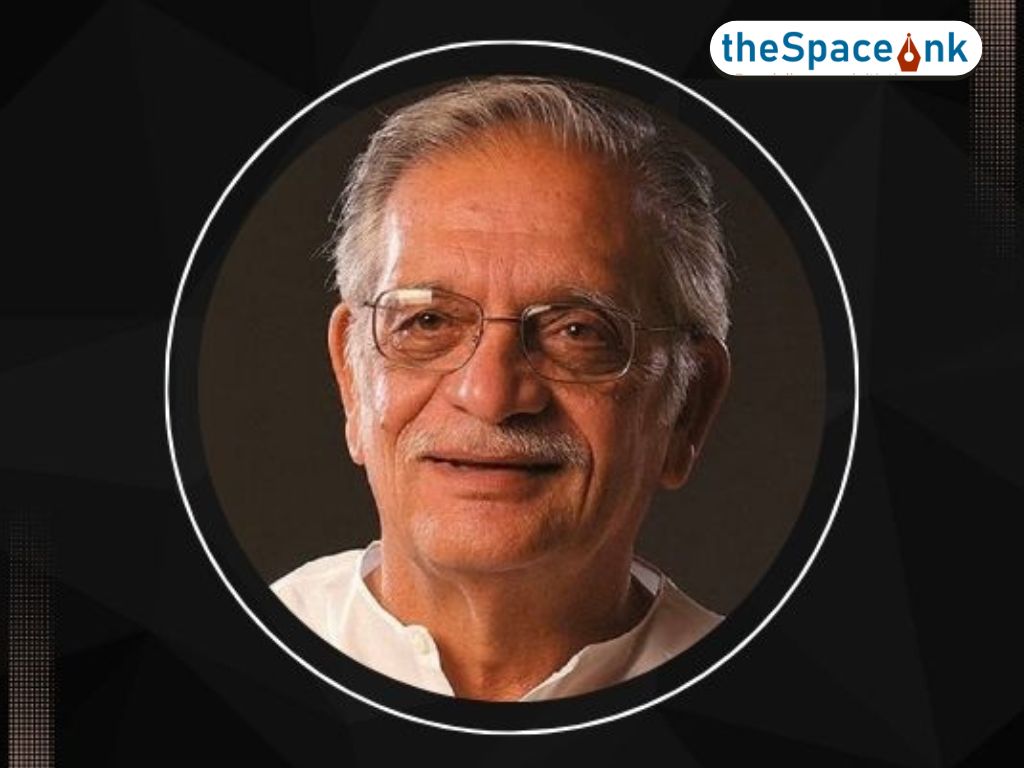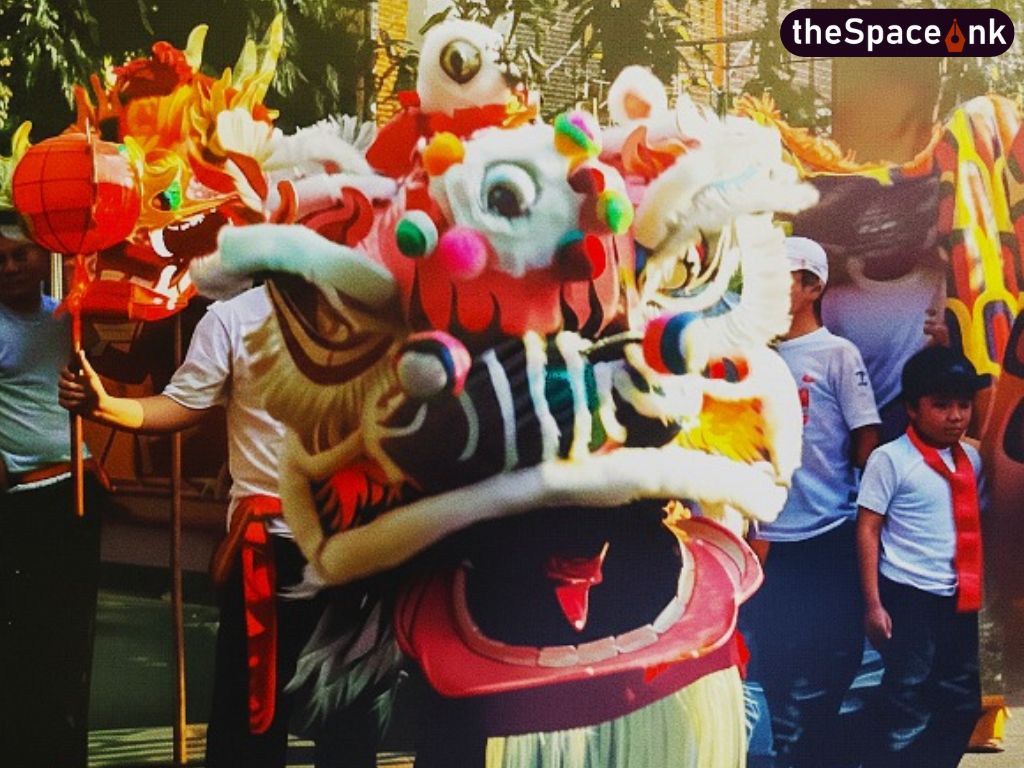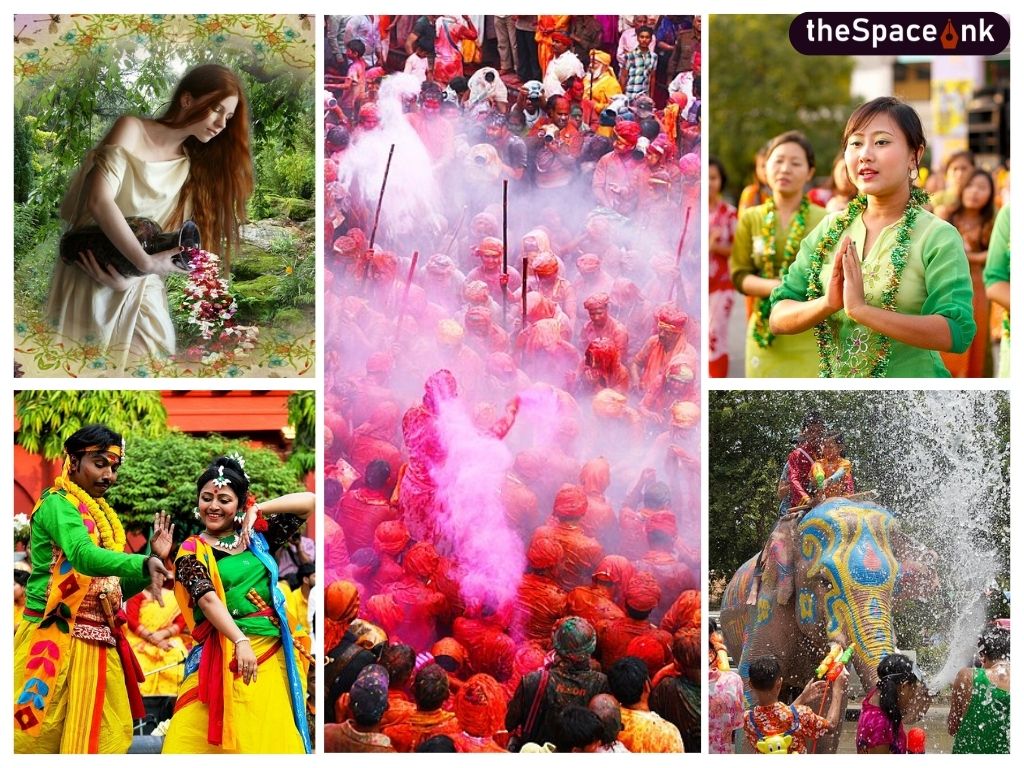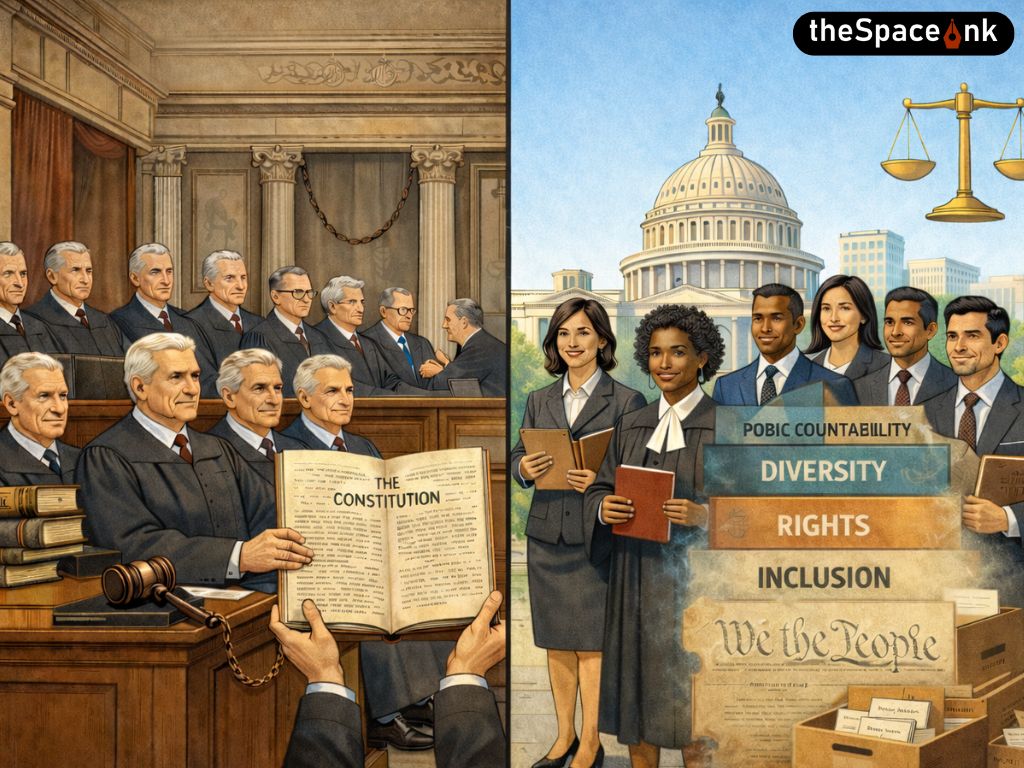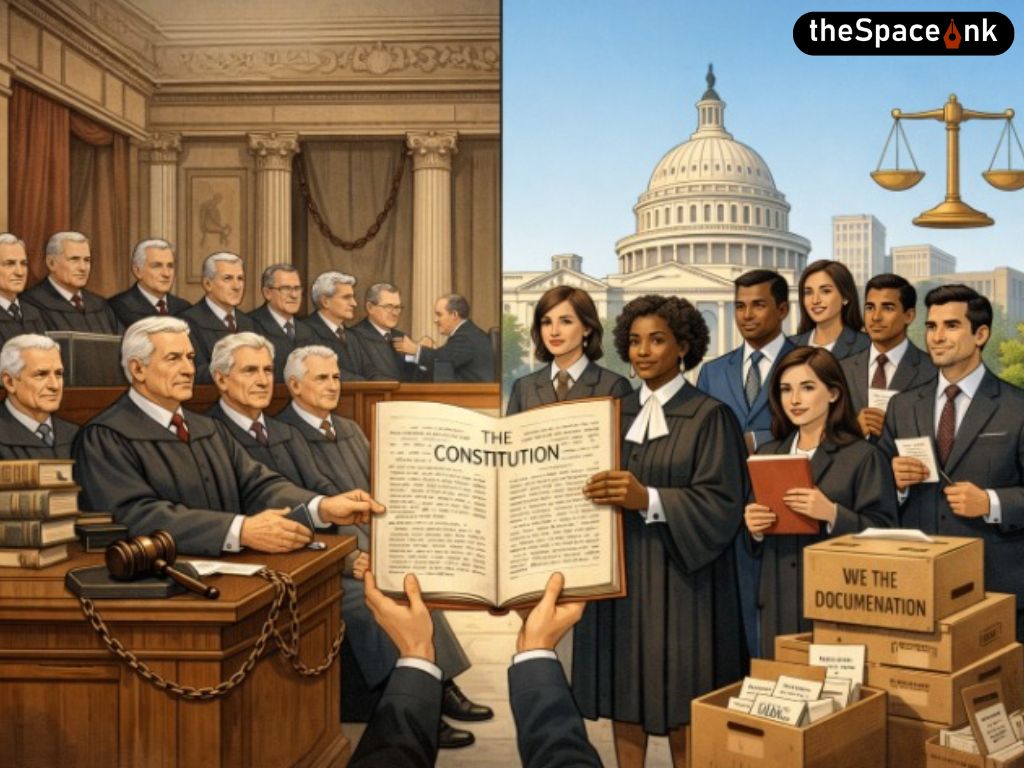Gulzar saab, the poet, lyricist, dialogue-writer, translator and director has written stories for more than fifty films and songs for many more. One to always appear in starched, milk-white kurta-pajamas with a day-old stubble on his chin, a pair of glasses and a quiet smile on his lips, Gulzar saab is an embodiment of calm humility.
His directorial roster has films like Mere Apne, Aandhi, Koshish, Khushboo, Kinara, Meeraa, Angoor, Kitaab, Namkeen, and Maachis. He has also made television serials like Mirza Ghalib and Kirdaar besides creating biographical documentaries of outstanding merit. Gulzar is one of the finest poets of his generation and has three volumes of poetry to his credit and he used to publish a book for children every year to celebrate his daughter Bosky’s birthday when she was growing up. He often borrowed from Bengali literature; Khushboo for instance, is adapted from a famous Sarat Chandra classic whereas Kitaab and Namkeen are both inspired by Samaresh Basu’s novels. But like in Ijaazat, he often takes just a single thread of the original story and weaves it with some of his own creative thread to create a rich tapestry of human relationships based on love and its many-hued splendour.
Born in Dina (now in Pakistan) in Jhelum district in 1934, Gulzar imbibed his love for Urdu and poetry from his Urdu teacher in Delhi’s United Christian School “where Urdu was the medium of instruction till Independence.” Much of his poetry is a nostalgic trip to his childhood where he talks about a tree on his way to school, or an empty can rolling on the streets. “I was not a good student at all and was frightfully scared of Mathematics. In a business family, I was the black sheep and by the time I entered college, I was given up as a lost case by my father because all my brothers were extremely brilliant. My father sincerely believed that I would end up attending Kavi Sammelans now and then, get some stipend or other from these and keep borrowing from him and from my more successful brothers.

He would often jokingly suggest that I keep on good terms with my brothers because I would need them all the time to borrow money from” says Gulzar as he flashbacks into a nostalgic trip to his youth. He wanted to take up literature but was not allowed to. His eldest brother, who was bestowed with his guardianship, asked him to do his C.A. “I simply did not appear for the exams. I came home with laddus on the day of the results telling them I had passed. But I also told them to free me from the responsibility of further studies. I was also given the option of joining the Navy which I hated because I hated the uniform. So, I began to work in a motor servicing garage and made a lot of poet friends in films through Progressive Writers’ Association of which I became a member.”
His films, with their soft lyricism, melodious music and a strange undercurrent of pain and rhythm, are his evocation to Love in all its myriad manifestations. In Maachis, one of his later films, he unspools a tale of love against the backdrop of militant movement in Punjab. Therefore, what could have evolved into a strong political film, changed tracks to turn into a tragic statement of love falling unwitting victim to a militant campaign.
“A poet is a conch-shell that gives voice to emotions. A lyricist sings of dreams. A visionary is a painter who plays with rainbows. A thinker ponders upon human relationships like a monk who holds counsel with the trees of the forest. A rare blend of all these is Gulzar. What is more noteworthy about his creativity is his extremely good taste – both in his written words as a lyricist, a poet, a dialogue writer of outstanding merit, and in the visuals he conjures up as a filmmaker of growing eminence” writes Gulzar’s close friend and confidante Bhooshan Banmali, in the inside jacket of the book Silences by Rina Singh who has translated his selected poems into English (published by Rupa) in 2001.
“I never wanted to work in films. I dreamt of a teacher’s job since that would give me room for my twin loves, reading and writing. Then, destiny brought about a strange turning point in my life. During the making of Bandini in the early Sixties, S.D.Burman who was composing the music for the film and Shailendra, who was writing the lyrics, had a tiff. And there was this tune waiting to be written into. Debu Sen, who was kind of assistant on the sets, took me to Bimal-da who introduced me to S.D. Since Urdu was my main language, S.D. had some reservations about whether I would be able to infuse my song with the right Vaishnav spirit that was called for. I took up the gauntlet and my first song for Hindi cinema was born : mora gora ang laye le, mohe shyam ang daye de which became a big hit. Sadly for me though, when the song was over, Shailendra and S.D. had patched up their problems and I was left in the lurch. Bimal-da did not like this at all but S.D. was adamant about not taking me on for the rest of the songs. But during this film, I met one of the closest friends in my life – S.D.’s son R.D. who would wander about the sets in shorts and sneak out for a fag now and then. Bimal-da perhaps felt a bit sorry for me and offered me the assistantship for his next Hindi film Kabuliwallah, based on a Tagore story.” He never could quite get over the loss of his closest friend R.D. who passed away much before his time.
Among his own films, he picks “Izaazat for its mood, Kitaab for its nostalgia–it had a lot of my own childhood, Maachis for its theme and Namkeen for its lovely relationship and well-etched screenplay.” His lyrics are legendary for their ability to transcend the mundane to reach the soul of love. His own favourites are mera kuch samaan tumhare paas pada hai (Ijazat), roz akeli aaye (Mere Apne) and phir se aayee o badre (Namkeen).
Image courtesy: Wikipedia
Shoma A. Chatterji is a freelance journalist, film scholar and author based in Kolkata. She has won the National Award twice, in 1991 and 2000. She has authored 26 published titles of which 14 are on different areas of Indian cinema. She holds two Masters Degrees and a Ph.D. in History (Indian Cinema). She has also won a few Lifetime Achievement Awards from different organizations over time.


